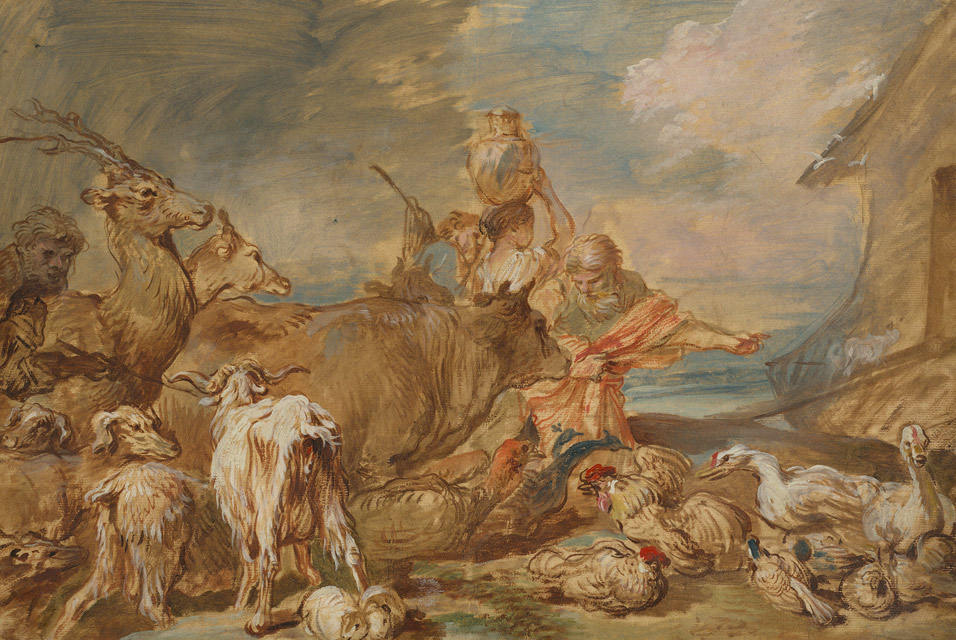
The study, which involved researchers from Université Laval's Faculty of Medicine and Centre hospitalier universitaire (CHU) de Québec Research Centre-Université Laval, was published in the scientific periodical The FASEB Journal.
N-acetylglucosamine and DMD
DMD, a hereditary disease, is characterized by progressive muscle degeneration. Patients with DMD are often in wheelchairs by the time they're teenagers. The disease also damages the heart and respiratory muscles, which consequently reduces the life expectancy of patients to less than 40 years.
DMD is the most common form of muscular dystrophy and it affects at least one out of 3,500 boys. The disease can't be cured, but a steroid-based treatment can help slow down muscle degeneration. However, this treatment is linked to negative side effects. (Related: Understanding muscular dystrophy and home remedies to help manage it.)
A DMD mouse model was used for the study. Once given the dietary supplement, the muscle-force production of the mice increased by a whopping 50 percent after only ten days. The scientists are hopeful that the results can be used in a clinical study that could determine the treatment's effectiveness on human participants.
Professor Sachiko Sato, the study's lead author, said that while there are those who believe that gene therapy can eventually address DMD and its symptoms, it will take a long time before an effective treatment is finally developed. She stressed the importance of discovering other treatments that can "help preserve the muscular strength of patients as long as possible."
The researchers tested a glucose derivative called N-acetylglucosamine, which was given as a dietary supplement on the mice model with the main symptoms of DMD. Sato explained that N-acetylglucosamine is a simple sugar with a different structure compared to glucosamine. The latter is used to cure joint problems.
After 10 days of treatment, the scientists observed that mice which received N-acetylglucosamine had 50 percent increased muscular strength, unlike mice from the control group.
Sato noted that even though it remains to be seen if the molecule increases the production of muscular fiber or improves its survival rate, the muscular strength of the mice was better preserved. The professor shared that she was confident about the results of the animal study.
Sato commented that N-acetylglucosamine is an inexpensive product and it can easily be synthesized in a lab or extracted from crustacean shells. The derivative can also be found in human milk as the sugar with the second highest concentration, following lactose.
She concluded that the study findings highlight the need for further research, which might help improve the quality of life of individuals diagnosed with DMD. Conducting further clinical trials can help determine the N-acetylglucosamine's effectiveness on humans, along with the duration and dosage of the treatment.
Fast facts on Duchenne muscular dystrophy
Duchenne muscular dystrophy (DMD) is a fatal genetic disease.
- DMD is often diagnosed in childhood and about 20,000 new cases are reported annually.
- Duchenne rarely occurs in females because the condition is the result of a mutation of a gene on the X-chromosome. Females have two X-chromosomes; hence, the odds of having mutations in both are very rare.
- Duchenne is caused by a mutation in the gene that encodes for dystrophin, a protein that is necessary for the maintenance of muscle cell structure. Without dystrophin, muscles can't function properly. Muscles then suffer progressive damage and die.
- Progressive muscle weakness in patients with DMD is linked to severe cardiac and respiratory problems.
- Most of the time, young men with the disease don't live past their twenties.
- Even though DMD is believed to be passed from parent to child, there are a lot of cases where patients belong to families without a history of Duchenne.
You can learn more about other findings on possible treatments for Duchenne muscular dystrophy at Research.news.
Sources include:
Please contact us for more information.























